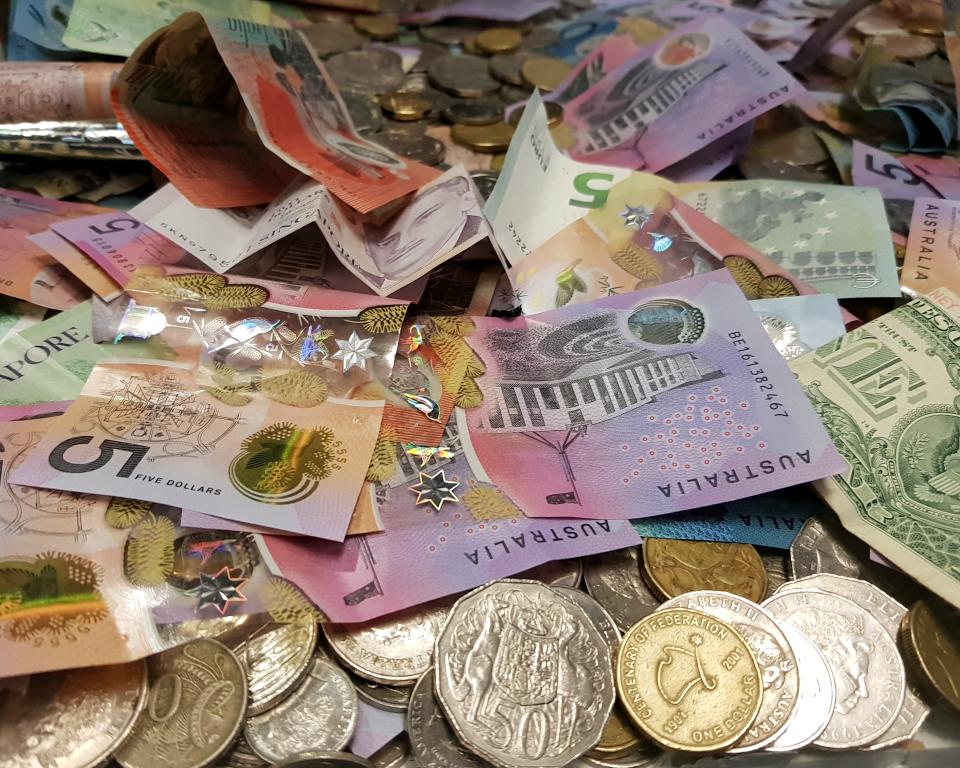Hundreds fall for ‘adorable’ scam

What’s furry, has four legs, a wet nose and has cost Australia $300,000 this year?
Puppy scams.
Australians desperate for companionship during the Covid-19 social distancing period have taken home record numbers of furry companions, clearing out shelters and pet stores.
But Australians have also been falling for puppy scams in droves.
New figures from the Australian Competition and Consumer Commission (ACCC) reveal that between 1 January and 30 April, the ACCC’s ScamWatch organisation received 300 reports of puppy scams. Half of those reports were in April, highlighting how scammers are cashing in on Aussies’ loneliness.
Loneliness was the most widely reported personal stressor for Australians in April, according to fresh data from the Australian Bureau of Statistics.
And it’s costing Australians big: we’ve lost nearly $300,000 to the scam this year and are set to eclipse the 2019 total of $360,000 soon.
“A lot of people are stuck at home and going online to buy a pet to help them get through the loneliness of social isolation,” ACCC deputy chair Delia Rickard said.
“Unfortunately the rush to get a new pet and the unusual circumstances of COVID-19 makes it harder to work out what’s real or a scam.”
How do puppy scams work?

Puppy scammers will set up fake ads or websites on social media and online classified and pretend to sell popular dog breeds. They will then usually ask for up-front payments before transporting the supposed pet to you.
The most common breeds associated with reported scams were French Bulldogs and Cavoodles.
These scammers prey on the fact that Australians can’t travel to see the puppy due to travel and social distancing restrictions.
“Once you have paid the initial deposit, the scammer will find new ways to ask for more money, and scammers are now using the Covid-19 pandemic to claim higher transportation costs to get across closed interstate borders or additional fees for ‘coronavirus treatments’,” Rickard said.
“Unfortunately once you make the payments, the seller will cease all contact.”
Rickard said the safest way to purchase or adopt a pet is to make sure you can see it in person before spending any money.
“If you cannot do that during the current lockdown restrictions, consider putting the search on hold,” she added.
“Scam websites can look quite convincing, so try not to fall for the adorable puppy pictures they post, and remember, if the price looks too good to be true, it probably is.”
Another way to check is to do a reverse image search of the puppy in question and see if it comes up on other sites. If it does, chances are you’re dealing with a scammer.
“If you are in doubt, seek advice from a reputable breeders association, vet or local pet shop.”
Pets aren’t the only scammer vehicle the ACCC is seeing associated with coronavirus: ScamWatch has received more than 2,000 reports of Covid-19 scams with reported losses at more than $700,000.
Follow Yahoo Finance Australia on Facebook, Twitter, Instagram and LinkedIn.

 Yahoo Finance
Yahoo Finance 

